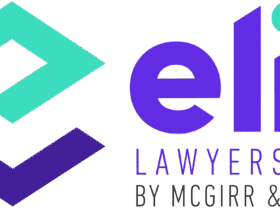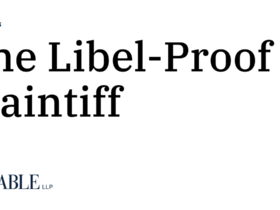Investigations serve an important purpose in addressing claims of wrongdoing, rule violations, or conflicts in the workplace. Such inquiries necessitate weighing accountability with safeguarding worker protections. Furthermore, in circumstances where an inspection risks reputational damage, consulting an experienced Commercial Defamation lawyer can offer invaluable counsel on shielding one’s career reputation. Australian law, such as the Fair Work Act of 2009, secures that employees undergo just treatments free of prejudice. Finding oneself the focus of an office investigation underscores comprehending one’s rights.
Understanding Workplace Investigations
The topic of workplace investigations is broader than just resolving disputes—it encompasses the safety of the workplace, too. These investigations are initiated in response to some different triggers, including bullying, harassment, and discrimination; breaches of organization policy; or threats to health and safety. It goes through collecting evidence, interviewing witnesses, and making decisions based on the findings. These investigations must be not only thorough but also impartial and transparent to guarantee procedural fairness.
Employee Rights During Investigations
Employees in Australia possess certain rights that must be respected during workplace examinations. The right to equitable treatment demands that employees be dealt with even-handedly and without bias. The inquiry should unfold impartially to verify resolutions founded on evidence rather than subjective views. Investigations also ought to be administered confidentially to shelter the privacy of all involved. Only those requiring awareness should receive information about the examination’s particulars.
Moreover, employees retain the right to reply to allegations leveled against them. They merit adequate time to organise their response and may bring a supporting individual to meetings. Lastly, the right to procedural fairness incorporates the right to learn of the accusations, the right to present one’s side of the story, and the right to have conclusions reached absent bias.
Procedural Fairness in Practice
Natural justice, or procedural fairness, is a fundamental principle of Australian law. This makes sure employees are treated fairly and that they can adequately present their case. The elements of procedural fairness include:
- Opportunity to Be Heard: Employees should have the chance to present their version of events before a determination is made.
- No Bias: Decisions should be made objectively and free from actual or perceived bias.
Legal Framework and Compliance
In Australia, the relevant legislation related to workplace investigation includes:
- The Fair Work Act 2009
- Federal anti-discrimination laws and
- The Privacy Act 1988
- State-based Workplace Health & Safety legislation
Employers need to follow these laws to make sure their investigations are legal and fair.
Impact of Violating Employee Rights
Employers must be fair and equitable as any breach of employee rights during an investigative process may lead to massive consequences like litigation, workplace morale decline, and reputational risk. Workers who believe their rights have been breached can make a complaint to the Fair Work Commission or the Australian Human Rights Commission.
Defamation Concerns
Workplace investigations can also give rise to defamation of character in the workplace allegations, which may result in harm to an employee’s reputation. Such a thing is a big issue because it can affect both the career and life of a person. However, in cases like this, contacting Defamation Lawyers Services Perth can help you protect your reputation.
Steps to Take During an Investigation
If a workplace investigation involves you, here are steps you can take to protect your rights:
- Get Support: If necessary, bring a support person to meetings, such as a union representative or a colleague.
- Document Everything: As you respond to the investigation, keep a paper trail of all communications and meetings.
- Know the Protocol: Learn what investigation protocols your workplace has in place, as well as any relevant laws.
- Be Ready to Respond: Be prepared to speak your mind whether a specific incident concerns you or not.
Workplace Investigations: Best Practices for Employers
The best practices employers should use to ensure investigations are fair:
- Hire Neutral Investigators: For impartiality purposes, you may also hire external investigators.
- Don’t Talk About The Investigation: Do not discuss the investigation openly or with anyone.
- Comprehensive Communication: All relevant parties should be made aware of the process and any findings.
- Be Ready: Investigate quickly so as not to dwell in uncertainty.
Workplace disputes are an inescapable element of keeping an equitable and secure work setting. However, examinations must be done concerning employee rights. By comprehending these advantages and guaranteeing that examinations are reasonable and transparent, employers can foster trust and consistency with Australian laws. If you discover yourself engaged in a workplace investigation, it is critical to be proactive and reach out to the best lawyers for defamation of character.
Conclusion
In the setting of workplace investigations, it is basic for both administrators and workers to comprehend the lawful and methodological viewpoints included. By doing so, they can guarantee that these investigations add positively to the work environment culture rather than causing unnecessary stress or conflict.















